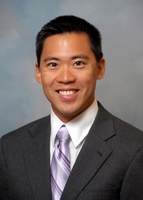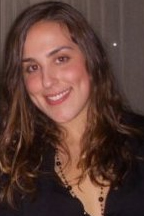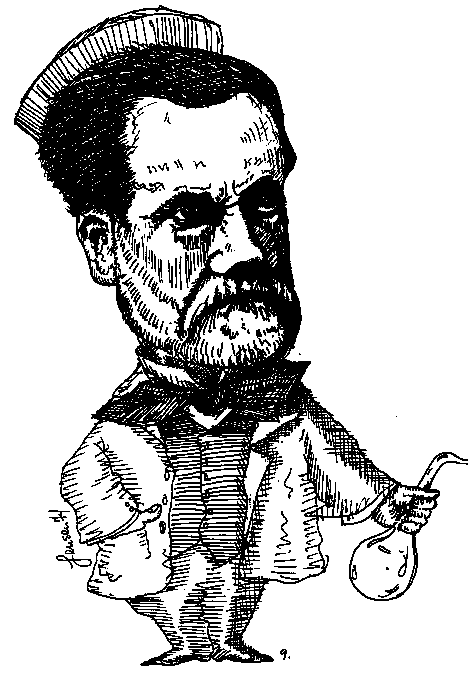If you’re a regular subscriber to Penn & Beyond, you have likely noticed my “Day in the Life” blog posts recently. These posts promote our latest social media initiative, our @PennCareerDay Twitter account. The account features Penn alumni who tweet for a day in order to give you, the student/alumni/career seeker, a better idea of what their day is like. The idea behind this Twitter account is part of a larger concept I’d like to draw your attention to in this particular blog post – leveraging new communication technologies to your advantage.
The alumni who tweet for @PennCareerDay are examples of people who are using Twitter to promote themselves and their work, which could then expand their network and create new opportunities. There is no guarantee, but nevertheless, the possibility exists. I am a firm believer that if you tap into new resources, like social media, when more traditional ones have not brought success, you are increasing your chance to succeed. For instance, if you are extremely interested in an employer, find out if they have a Twitter account, like their Facebook page, maybe even subscribe to their YouTube channel and start interacting with them there.

I am heavily involved in social media – I manage our office’s Facebook, Twitter and LinkedIn presence – and I maintain that it does not have to be used by everyone. BUT, if you have not looked into how you could leverage these platforms to your advantage, I encourage you to. You never know what opportunities might come up.









